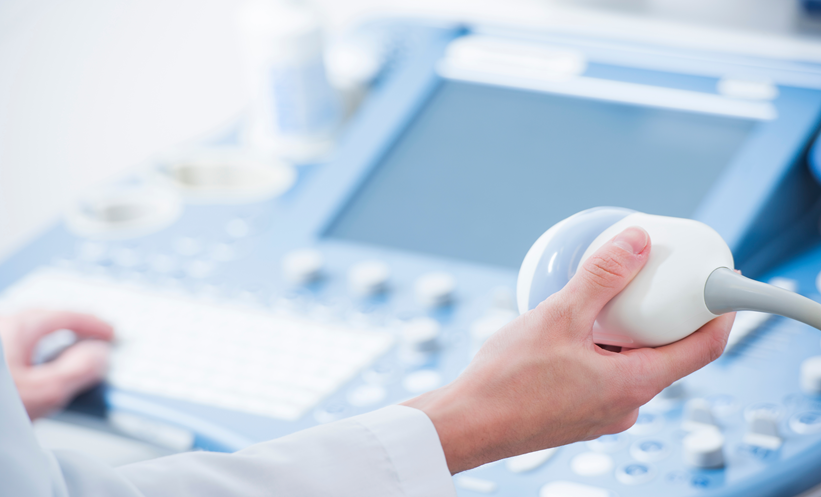A NEW study has found that AI can enhance the efficiency and accuracy of fetal anomaly ultrasound scans, reducing the workload on sonographers while maintaining high diagnostic performance.
The research, conducted at a large teaching hospital, assessed the impact of AI assistance on fetal ultrasound scanning. A total of 78 pregnant participants, including 26 carrying foetuses with congenital heart disease (CHD), were scanned using both AI-assisted and standard methods. The study also recruited 58 sonographers from regional hospitals, who were randomly assigned to conduct scans using one of the two methods, without prior knowledge of fetal CHD status.
The AI tool was designed to identify and save 13 standard image planes while measuring four biometric parameters, though it did not automate CHD diagnosis. The primary focus of the study was to evaluate the diagnostic performance of AI-assisted scans. Secondary measures included scan duration, sonographer cognitive load, and the accuracy of biometric measurements.
Findings revealed that AI-assisted scans achieved a sensitivity of 88.9% and specificity of 98.0% in detecting fetal abnormalities, compared to 81.5% sensitivity and 92.2% specificity in standard scans. Although the differences in diagnostic accuracy were not statistically significant, the AI-assisted approach demonstrated substantial efficiency benefits. The median scan duration was 11.4 minutes with AI, significantly shorter than the 19.7 minutes required for standard scans.
Furthermore, AI assistance reduced sonographer cognitive load. Sonographers using AI reported lower stress levels, as measured by the National Aeronautics and Space Administration – Task Load Index (NASA TLX), with median scores of 35.2 compared to 46.5 in the standard group. Additionally, biometric measurements performed by AI showed superior repeatability and reproducibility compared to manual measurements.
Crucially, no adverse events were reported during the study, reinforcing the safety of AI integration in routine fetal anomaly screening.
These findings suggest that AI-assisted ultrasound scans can provide significant time savings and ease the workload on healthcare professionals without compromising diagnostic accuracy. As AI continues to advance, its role in prenatal care could expand, offering a more efficient and precise approach to fetal anomaly detection.
Reference
Day TG et al. AI to assist in the fetal anomaly ultrasound scan: a randomized controlled trial. N Engl J Med. 2025;2(4).








